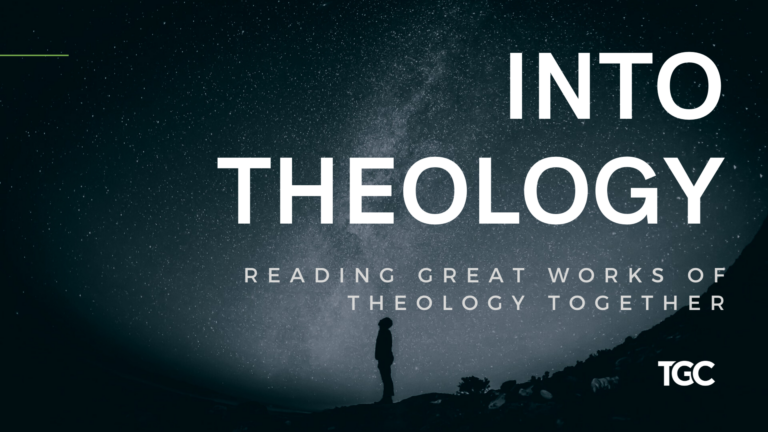Pastoral ministry often relies on the logic of achievement. The children’s ministry needs to grow. We need a new building project. The church needs a public response to some new political moment. And the pandemic has added even further burdens to our leaders.
Pastors now need to have an opinion on epidemiology, infectious viruses, statistics, politics, the mark of the beast, and more besides. Congregations send them more and more data. Pastors take it in like a tunnel with a river flowing into it. An endless stream of information comes.
And the pastor must react to everything or he will not achieve. And if he does not achieve, then his people will be unsatisfied. He must react to everything.
Herein lies evidence of burnout. “Reacting immediately, yielding to every impulse, already amounts to illness and represents a symptom of exhaustion,” explains Byung-Hul Chan. That exhaustion follows from consummation without limits, production without end, and work without genuine rest.
Burnout happens because we do not relax our minds. We take in, but we never stop. We all do it—think of social media and the pressure to perform in almost every setting. We expect it from ourselves and from our pastors.
And when achievement is all there is, then we become machines—ready to burn out. The catch is: we are addicted to what leads to burnout because we live in a society that overstimulates, overpressures, and over expects a certain kind of performance. Chan notes, “burnout represents the pathological consequence of voluntary self-exploitation.”
We must achieve, of course. But we are not made for mere achievement. Life needs ebbs and flows. We need sleep and boredom. We need breaks from the constant blips and updates on our phones and computers. We need borders and boundaries from the constant pressure to be virtually present.
When we feel like we cannot do it all, we cannot do everything, that only makes sense, as Chan notes, in a society that says, “Nothing is impossible.” But Scripture teaches us better.
“Who is sufficient for these things?” (2 Cor 2:16).
The answer is no one. It is in our weakness, that Christ is strong. As the Lord told Paul, “My grace is sufficient for you, for my power is made perfect in weakness” (2 Cor 12:9).
The Gospel denies the logic of our achievement society. We are not valuable because of our production. We are not strong because we can do more than anyone else. We are valuable because we are created in God’s image and because we are in Christ: “Jesus Christ is in you” (2 Cor 13:5).
We live as we do. We have created hours and clocks for work. We have tied ourselves into the digital world with endless information. We expect everything from each other—we want the world and we want it now. We only value what people can “do” and not who we are.
That burden when voluntarily taken upon us leads to burnout. The Gospel gives us rest from our labours. It tells us that our performance does not define our identity. Christ does.
Pastors and congregations will need to continue to thread the line between expectations and performance, grace and works. But for the present, I think at least admitting that we have a burnout problem will be a good start.








